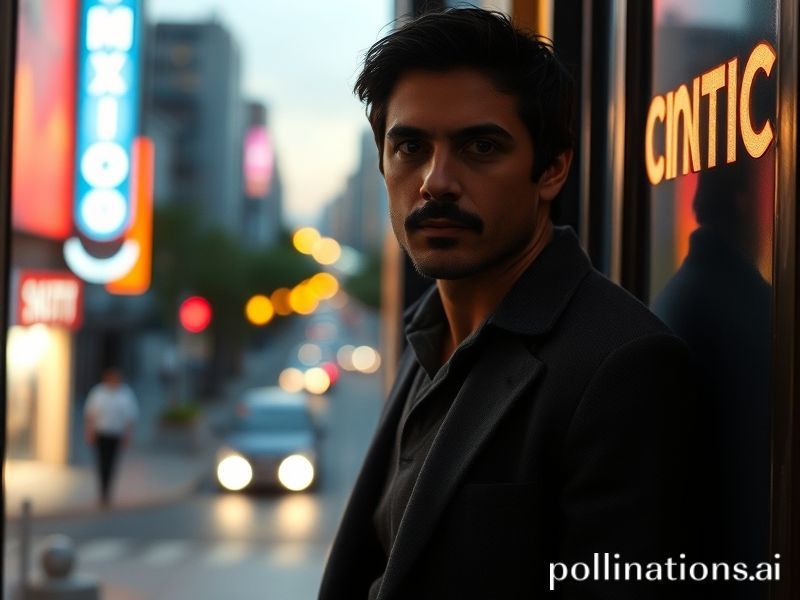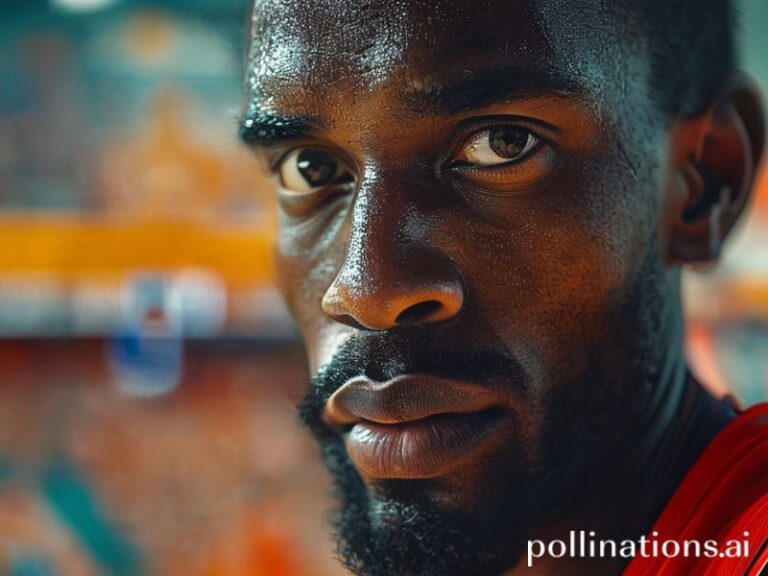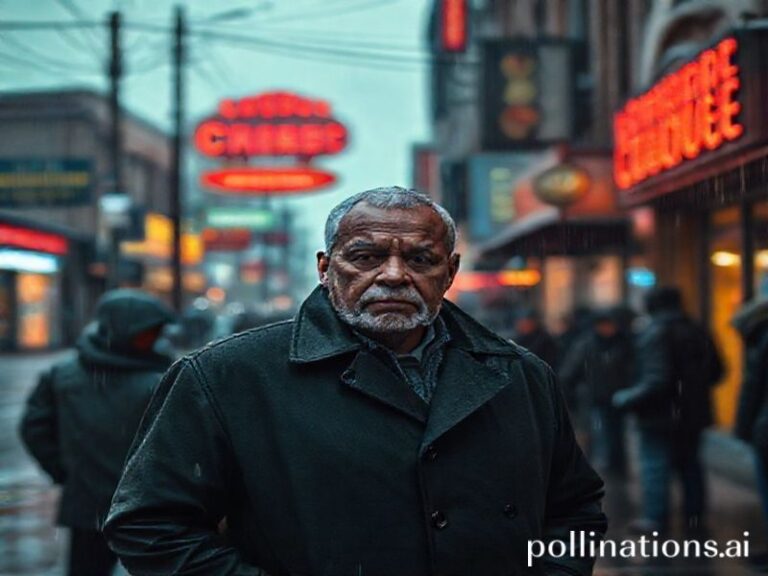diego luna
Mexico City, Paris, Tatooine—pick your coordinate, Diego Luna’s passport has probably been stamped there in the last decade. While most actors are content to chase the next green-screen paycheck, Luna has quietly morphed into a one-man soft-power syndicate, exporting Mexican charisma at scale and reminding the planet that “Latin American talent” is not a charitable category but a market force that can crash streaming servers from Helsinki to Jakarta.
Start with the obvious: Cassian Andor, the reluctant revolutionary who has turned Disney+ into an accidental seminar on late-stage capitalism and why every rebellion needs a decent tailor. The show’s second season wrapped in London during a rail strike, an irony Luna noted with a grin—“We’re literally filming the revolution while the Tube is on strike; art imitates infrastructure.” Overnight, “Andor” trended worldwide, not because Disney carpet-bombed billboards, but because viewers in 32 languages discovered that an anxious Mexican spy mumbling about “the cost” felt more urgent than their own national news. Somewhere in Manila, a teenager replaced his K-pop avatar with Cassian’s gloomy stare; global iconography updated without a UN resolution.
Zoom out and you see Luna’s career as a geopolitical barometer. When he co-directed “Cesar Chavez” in 2014, U.S. immigration policy was merely cruel; by the time the film reached European festivals, Syrian refugees were walking through the Balkans, and suddenly a California grape boycott felt universally legible. Streaming algorithms, those amoral matchmakers, shoved the biopic onto Indian college campuses where students compared Chavez to their own Narmada dam protests. One algorithm, two continents, zero cultural attachés: soft power on autopilot.
Then there’s the nostalgia racket. “Y tu mamá también,” now old enough to rent a car, still screens in rooftop bars from Brooklyn to Beirut because nothing says “universal coming-of-age” like two horny boys and a dying woman on a road trip to oblivion. Tourist boards in Oaxaca quietly credit Luna and Gael García Bernal for every euro spent on mezcal by Germans who think rural Mexico is a continuous indie soundtrack; local vendors, ever the realists, sell T-shirts reading “Your melancholy is our GDP.”
Corporate overlords have noticed. In 2023, Amazon flew Luna to Seoul to announce a Spanish-language spy thriller set in 1990s Madrid—because when the world is on fire, investors prefer period pieces with tasteful smoke. The press conference resembled a NATO summit with better cheekbones: Korean executives bowing, Mexican showrunners name-dropping García Márquez, American PR flacks translating “narco” into eight euphemisms. Luna, sipping soju like it was aguardiente, mused, “We’re all just selling the same childhood trauma in different currencies.” The translator gave up and the quote trended anyway.
Meanwhile, back in Mexico, Luna’s production company, La Corriente del Golfo, is busy green-lighting projects that treat the U.S. border like a plot device rather than a morality play—refreshing in an era when Hollywood still thinks every Mexican story ends in either a Grammy or a body bag. Their latest series, filming clandestinely in Tijuana and Tangier, follows migrants who communicate solely through encrypted memes; the EU already fears it will inspire a TikTok exodus. Officials in Brussels have begun monitoring Luna’s Instagram the way they once tracked Soviet submarines.
Critics grumble that he’s become the acceptable face of Latin rage, the revolutionary you can take home to mom because he wears tailored linen and quotes Bolaño. But that’s the joke: in a world where oligarchs cosplay as astronauts and presidents tweet emojis, maybe the most subversive act is simply insisting that brown characters get monologues longer than a sneeze. Luna’s characters don’t save galaxies; they calculate the interest on despair—and audiences from Lagos to Lisbon recognize the math.
So, what does Diego Luna actually export? Not tequila, not tacos, but the radical notion that anxiety is a universal language and that even dystopias can have regional accents. As long as algorithms keep pairing his furrowed brow with your late-night doomscroll, he’ll remain a quiet trade surplus in Mexico’s favor—proof that sometimes the most valuable natural resource is a well-timed sigh.







